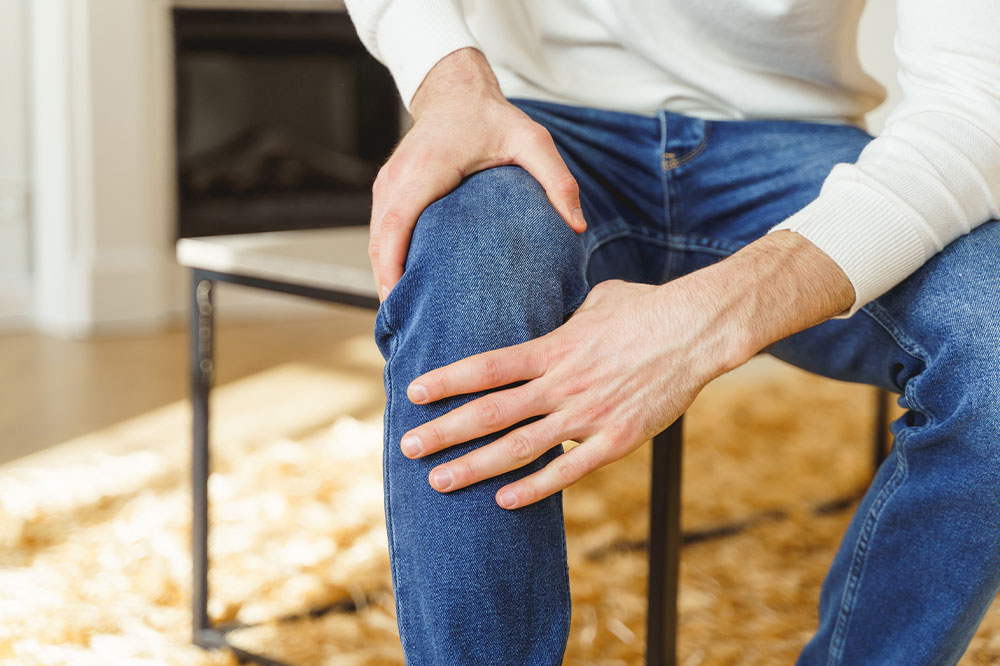
6 Lifestyle Tips for Managing Gout
Gout is a form of arthritis that affects people regardless of their age or gender. The symptoms of this condition include swelling, severe and sudden attacks of pain, tenderness, and redness in one or more joints. The symptoms of gout are irregular, but they are often noticed at night. The condition usually affects the joints in the big toe.
If the condition progresses, the movement of the concerned joints can become limited. Following these lifestyle tips for gout can help you alleviate the symptoms and relieve some of the pain:
1. Drink more fluids
Drinking an adequate amount of fluids—at least eight glasses—can significantly reduce your risk of developing gout. Ensure that half of the amount of fluids you drink is water. When your body is hydrated, uric acid is flushed out, which prevents the formation of uric acid crystals.
2. Get adequate rest
Resting and sleeping are important lifestyle tips for gout. Sleeping can help manage your stress levels better and have a positive impact on your health. Resting, on the other hand, is advisable if you are experiencing a gout attack. This attack can be extremely painful, and you might find it hard to move when it occurs. Your symptoms can be managed better if you rest the affected joint.
3. Reduce your stress
Stress can act as a trigger for gout attacks. Although you cannot avoid every stressful element in your life, you find ways to reduce your overall stress. During a gout attack, minimizing stress can help take your focus away from the pain.
4. Regulate other health conditions
Gout is a kind of arthritis that is often associated with other health conditions like kidney disease, metabolic syndrome, diabetes, heart disease, and high blood pressure.
5. Maintain a healthy body weight
Physical activity can help you enjoy a healthy life. It plays an important role in preventing a future gout attack. Exercising can help you lose those extra pounds, which is beneficial, as obesity or being overweight can increase your risk for gout. Maintaining a healthy weight can alleviate gout attacks. Physical activity can also decrease stress.
If you are in the middle of a gout attack, wait for the pain and inflammation to subside before exercising. If you are exercising after a long time or for the first time, then check with your doctor beforehand. Inform them if you develop new symptoms while exercising.
6. Make dietary changes
Uric acid deposits in your joints and causes gout. Certain dietary changes can reduce the levels of uric acid in your body. Foods rich in purines, such as shellfish and fatty meats, should be avoided. However, you can consume foods like coffee, cherries, and food rich in Vitamin C, as they help prevent gout attacks.



